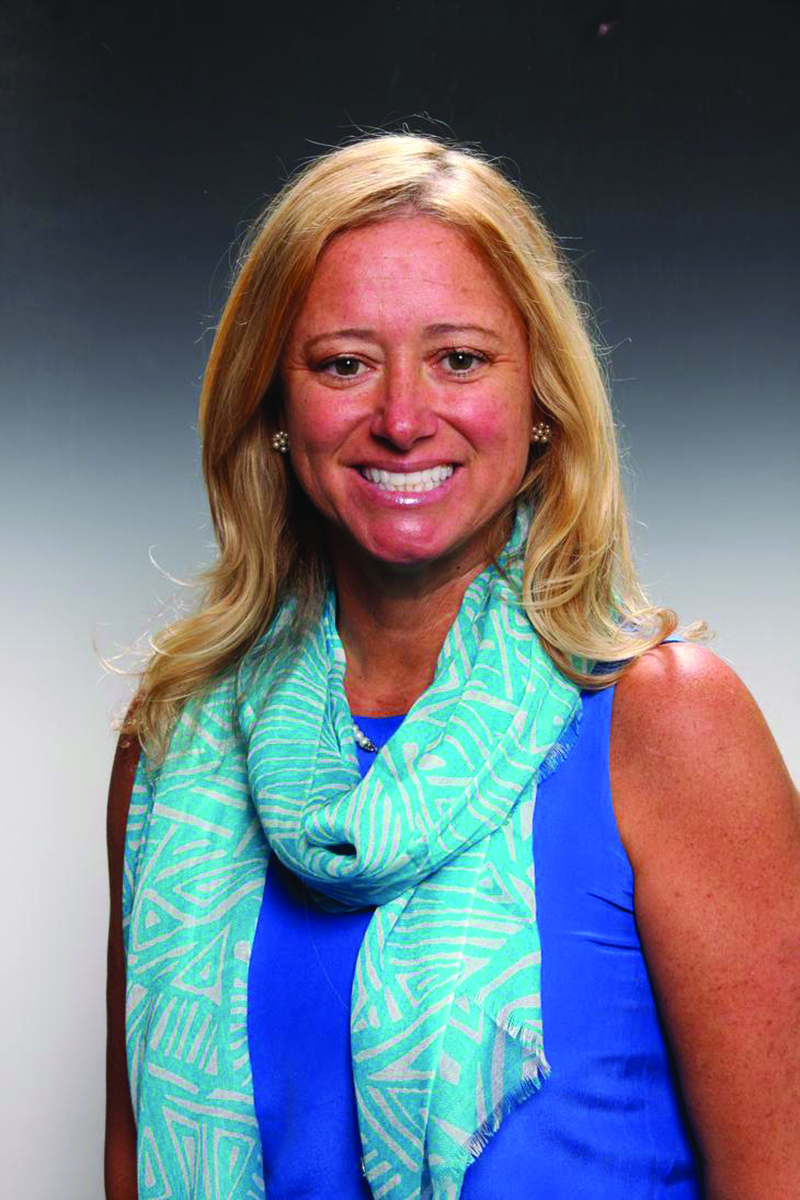
Traditionally defined as patients aged 65 and older, older adults make up the majority of patients with cancer. Ambulatory care clinics with a specialized focus on older patients with cancer can provide age-specific care and an interprofessional team of providers well versed in cancer, aging, and geriatric assessment. Through geriatric oncology ambulatory care clinics, providers can work together to identify and coordinate plans to individualize treatment and supportive care for older patients.
The interprofessional geriatric cancer team at a geriatric oncology ambulatory care clinic connects patients with specialists familiar with the intersection of aging and cancer, ensuring they identify issues specific to the geriatric population. The healthcare team follows older patients throughout their treatment course, providing tailored resources and interventions to manage issues like polypharmacy, frailty, and pre-existing comorbidities. Because of the wide variance in patient functionality, providers also monitor patient physicality and tolerance, adjusting treatments and care as needed.
Research focused on older adult patients is limited at best. Geriatric oncology ambulatory care clinics provide an opportunity to develop and enroll patients in site-specific studies, extending research data for this often-excluded population. Through growing geriatric-specific studies, nurses can implement new evidence-based interventions and care strategies for their older patients with cancer. Geriatric oncology ambulatory care clinics also provide the opportunity to connect patients with ongoing clinical trials throughout the United States.
Incorporating geriatric-specific programs into existing ambulatory cancer care clinics can be a huge benefit to patients as well as providers. Not all clinics will have access to the same resources—especially those not attached to a larger academic medical center. However, by starting small to incorporate geriatric-specific care, ambulatory care clinics can begin to address the complex needs of older patients with cancer. Geriatric programs can always grow, and advanced practice RNs (APRNs) should consider implementing a geriatric assessment as a first step. It can give providers a wide panorama view of the patient’s condition, tolerance, pre-existing comorbidities, and more, and falls within the scope of practice for APRNs. Training for geriatric assessments is quick and can be completed in the span of a weekend.
Oncology nurses are already caring for older adult patients with cancer. By incorporating aspects of geriatric oncology care into ambulatory clinics, providers can take the first step toward offering tailored, individualized care for thieir patients. Geriatric oncology ambulatory care clinics allows providers to leverage the expertise of the interprofessional medical team, develop geriatric-focused research studies, and implement routine geriatric assessments to help address the complex and evolving needs of the aging cancer population.






